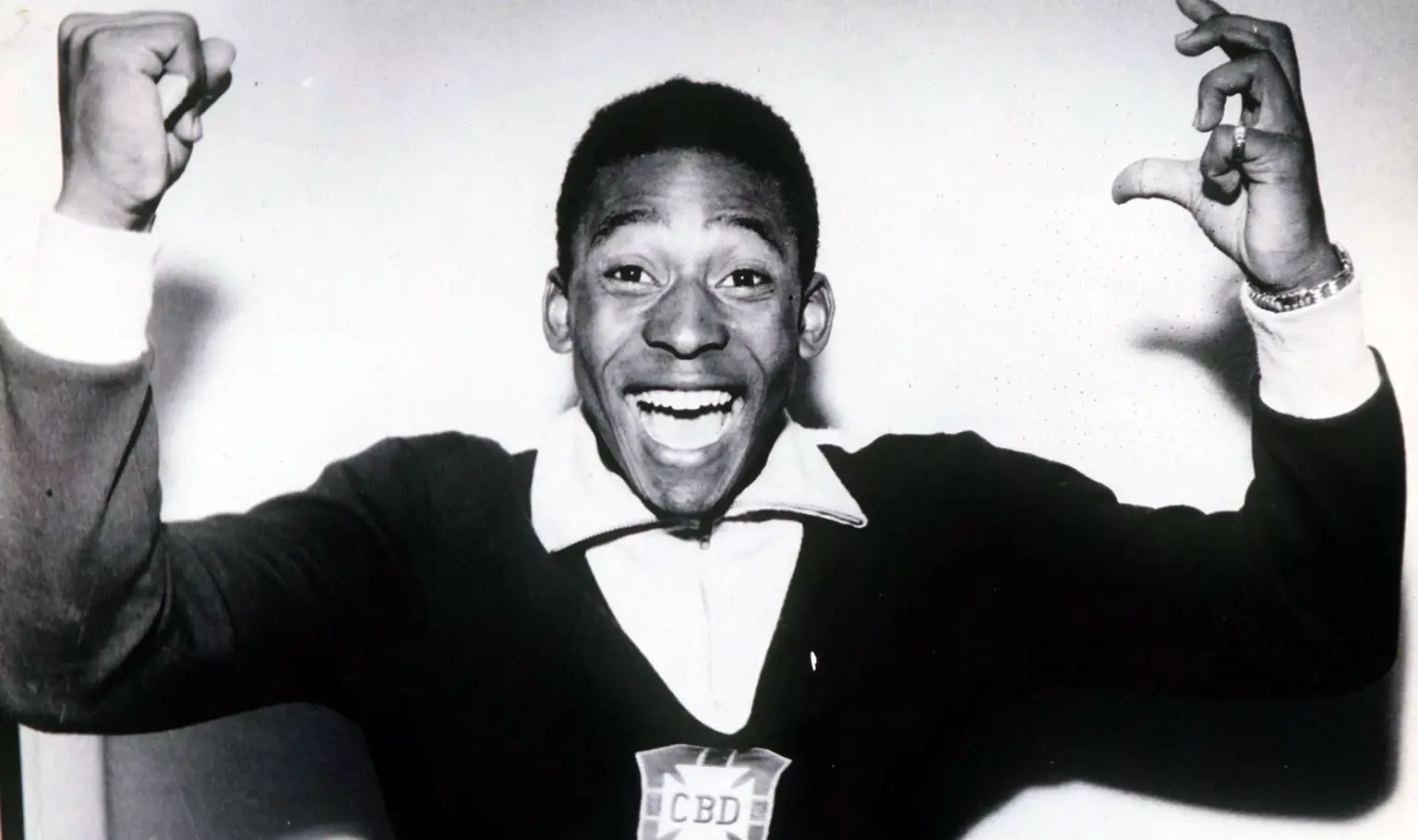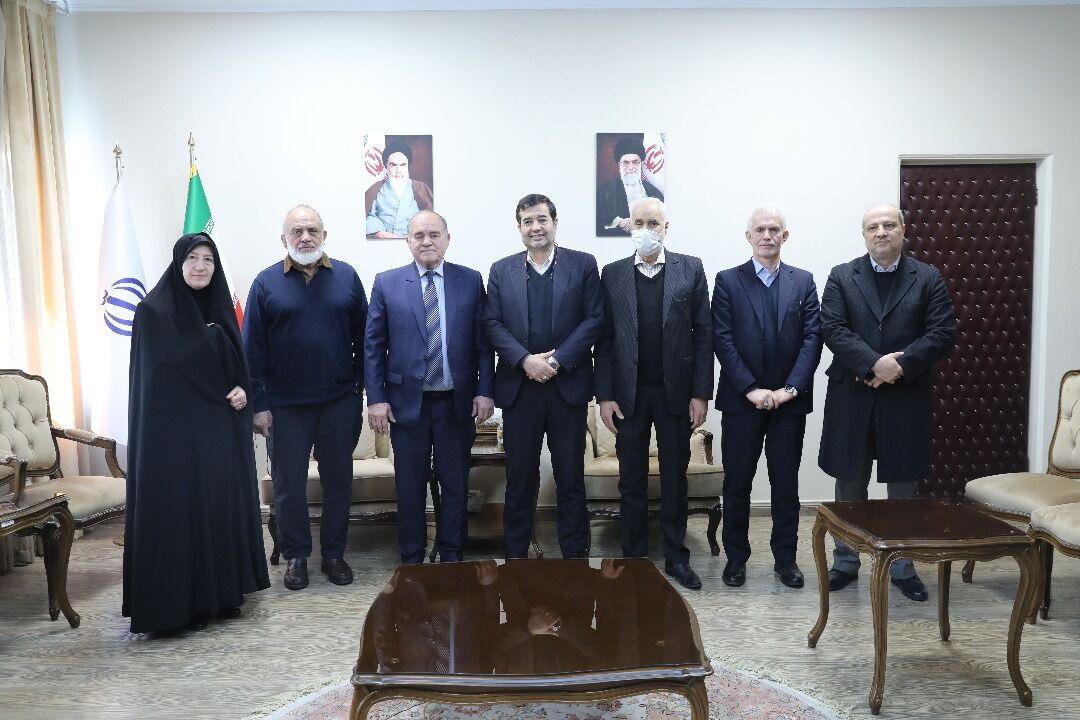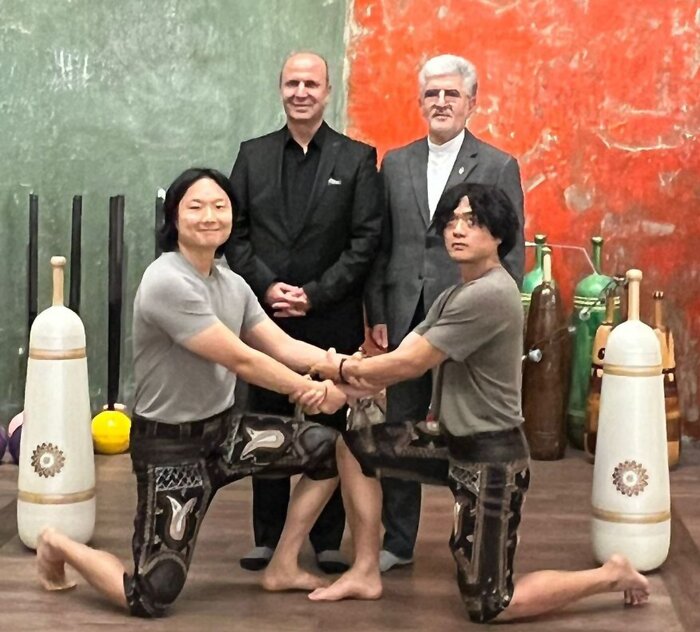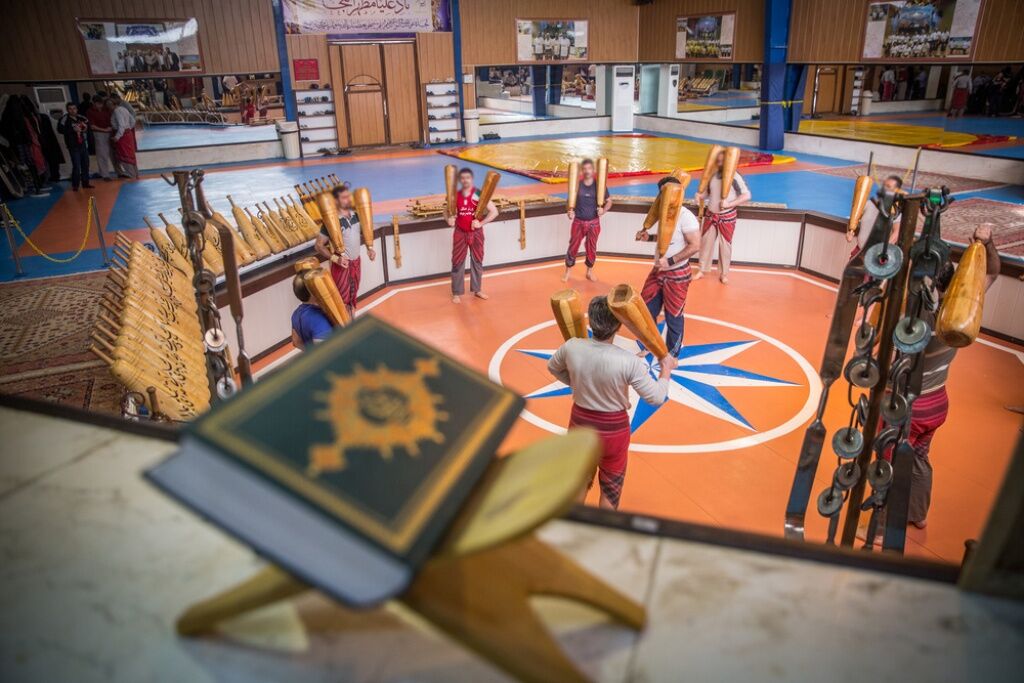“Pele is obviously childish. He lacks the necessary fighting spirit. He is too young to take the hits and react with adequate force. I don’t think it’s advisable to take him.”
The CBF had left Pele’s fate in the hands of a psychologist. Joao Carvalhaes’s verdict was emphatic: they simply couldn’t take the 17-year-old to the 1958 FIFA World Cup Sweden™.
End of story. Or it should have been. “You could be right,” responded new coach Vicente Feola. “The problem is that you know nothing about football. The boy is coming with us.”
There are various versions on how Pele was given the No10 shirt, but one thing is unanimous: the number he would go on to immortalise was handed to him by chance. “Nobody cared about the No10 at the time,” he would later remark. “It was destiny.”
Garrincha – the only player who scored lower than him on the psychologist’s tests – and Pele started the tournament on the bench. Brazil started it with a bang. When they drew 0-0 with England in their second outing, however, the Brazilian press went berserk.
Humiliatingly to a nation that prides itself on panache, it was the first goalless stalemate the competition had ever seen. Hauntingly, it left them having to win their last Group 4 game – against no less than Soviet Union – to be sure of going through. Lev Yashin, Igor Netto, Valentin Ivanov and Co were the reigning Olympic champions, and two years later would become the maiden UEFA EURO winners.
Nilton Santos, the oldest member of Brazil’s squad, summoned fellow experienced, esteemed players Bellini and Didi together. They agreed that Garrincha and Pele had to play, and duly persuaded Feola to make it happen.
The contest began with what became known as ‘The greatest three minutes in football history’, headlined by the indecipherable Garrincha. Brazil cruised to a 2-0 victory.
The knockout phase belonged to the baby. Pele bagged the only goal against Wales – a splendid one at that – to become youngest scorer in World Cup history. Four days after that he became its youngest-ever hat-trick recorder, and in no less than a semi-final against France. Then the first of two goals against Sweden made him the youngest to net in the final.
None of those records have come close to being broken, with no other player having gone on to score in the World Cup before their 18th birthday and only Manuel Rosas, Michael Owen, Dmitri Sychev, Lionel Messi and Gavi having done it before their 19th. Pele is also the youngest player to have lifted the trophy, with Ronaldo (17 years old), Giuseppe Bergomi (18) and Kylian Mbappe (19) the only other teenagers to have done so.
“The doctor had his reasons,” Pele told FIFA years later. “But I was only 17, I didn’t feel pressure. It was up to the experienced players to carry the pressure.
“I was in Europe, in this faraway country. Everything was new, everything was a party. I just wanted to play football.
“I didn’t think about records back then. All I was thinking about was the promise I’d made to my dad. When Brazil lost to Uruguay in 1950, I saw my dad crying. I told him, ‘Don’t worry, I will win Brazil the World Cup’.
“Now I’m obviously pleased with them. Maybe one day some of them will be broken, but I think it will be very difficult for a 17-year-old to score a hat-trick in a World Cup semi-final.”
As the old saying doesn’t go: doctors are not always right.
- نویسنده : محمدمهدی اسماعیلی رها





























Saturday, 31 January , 2026